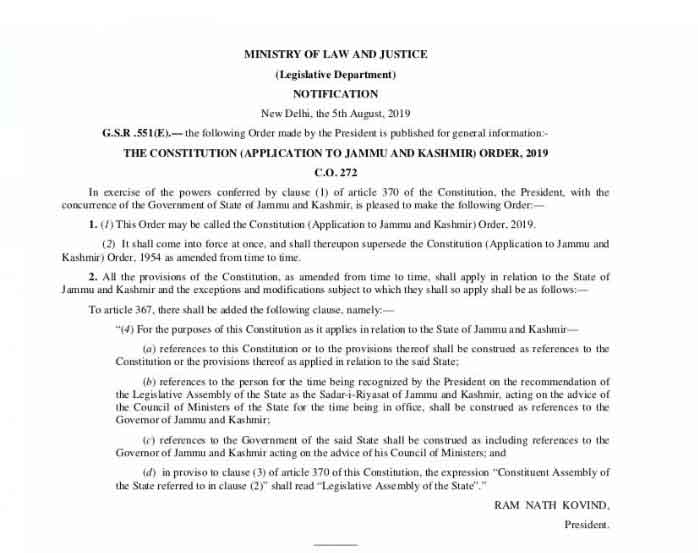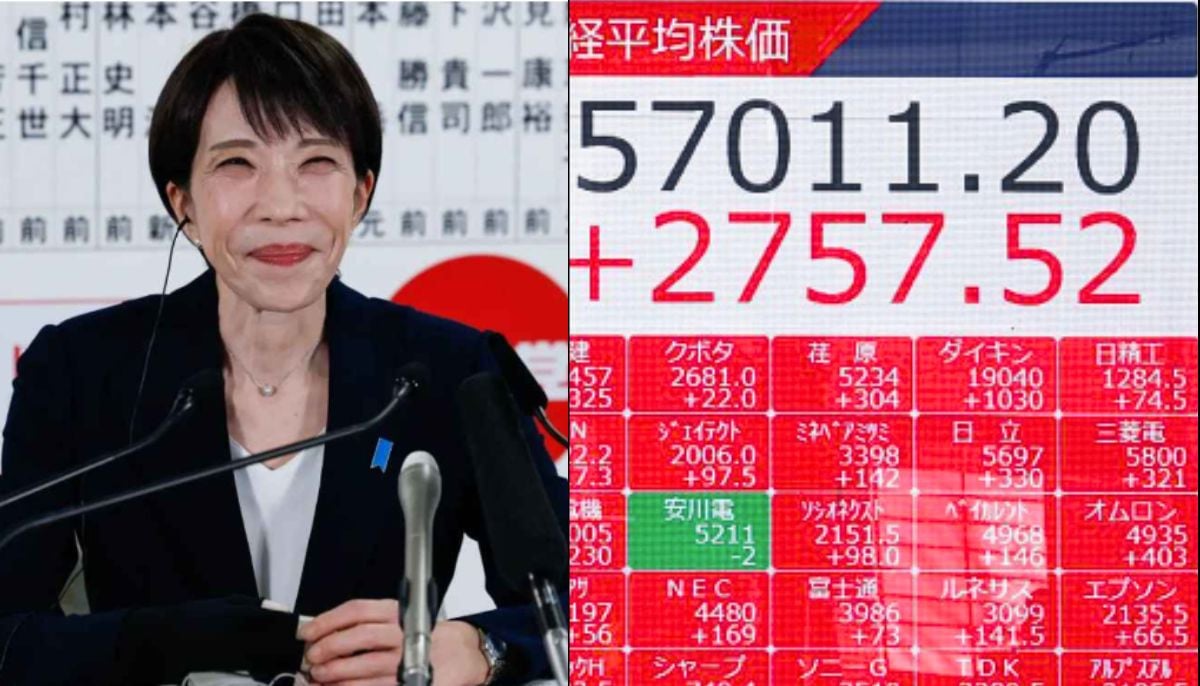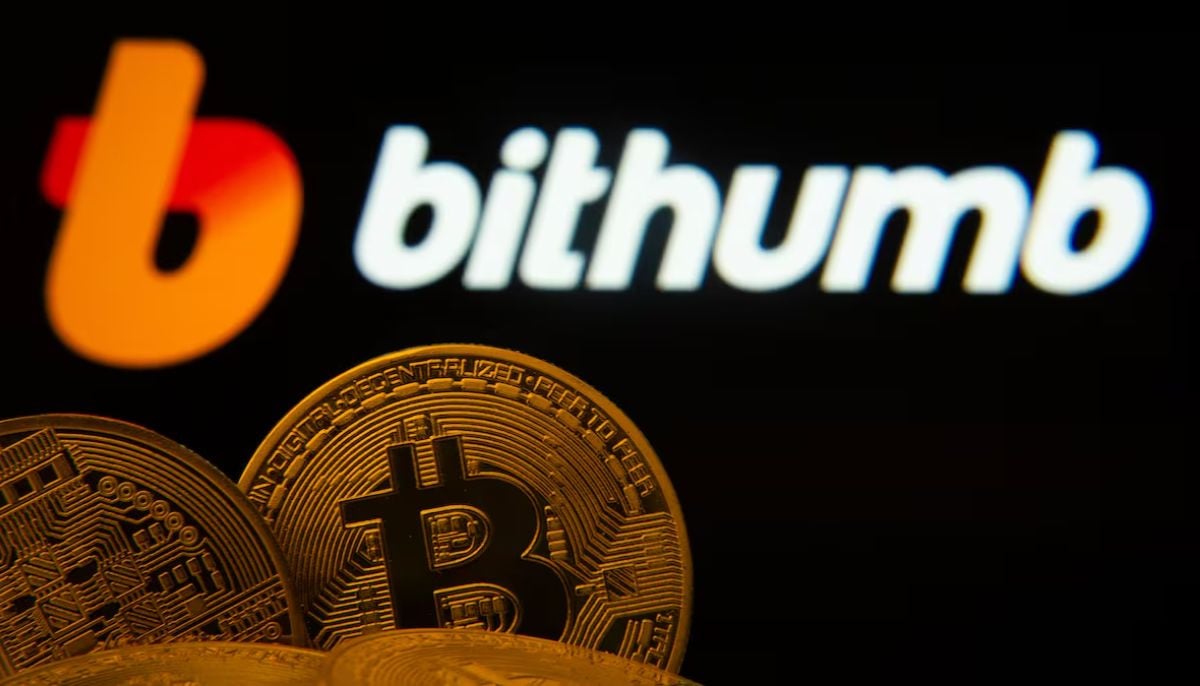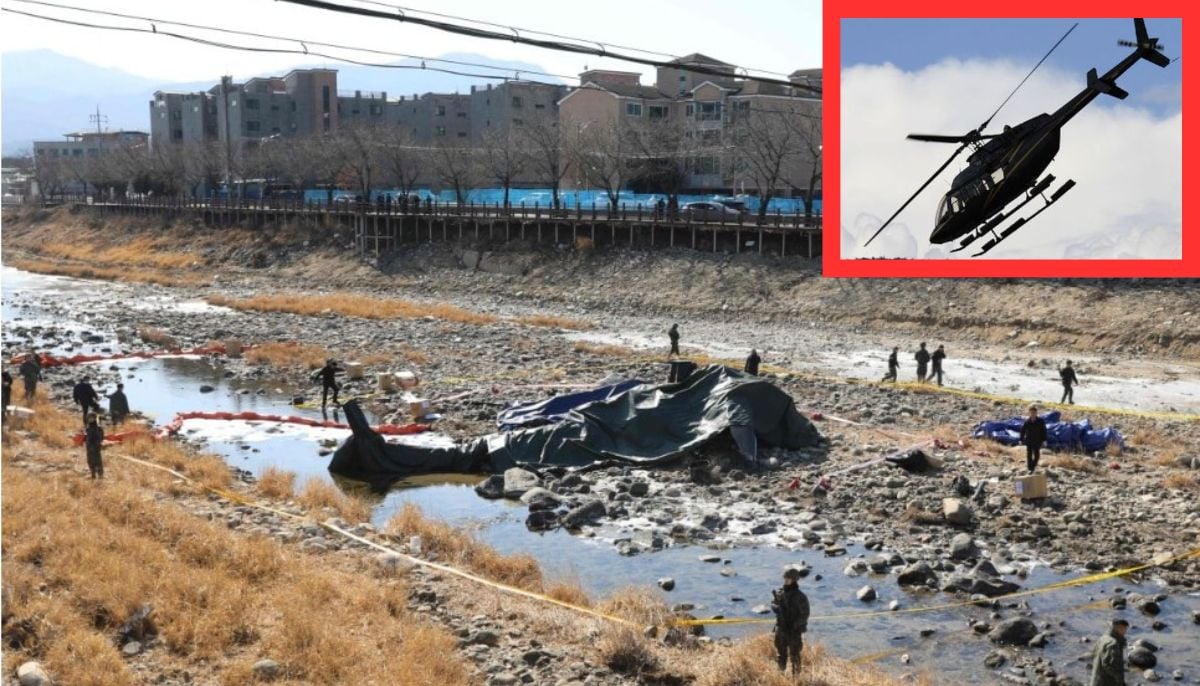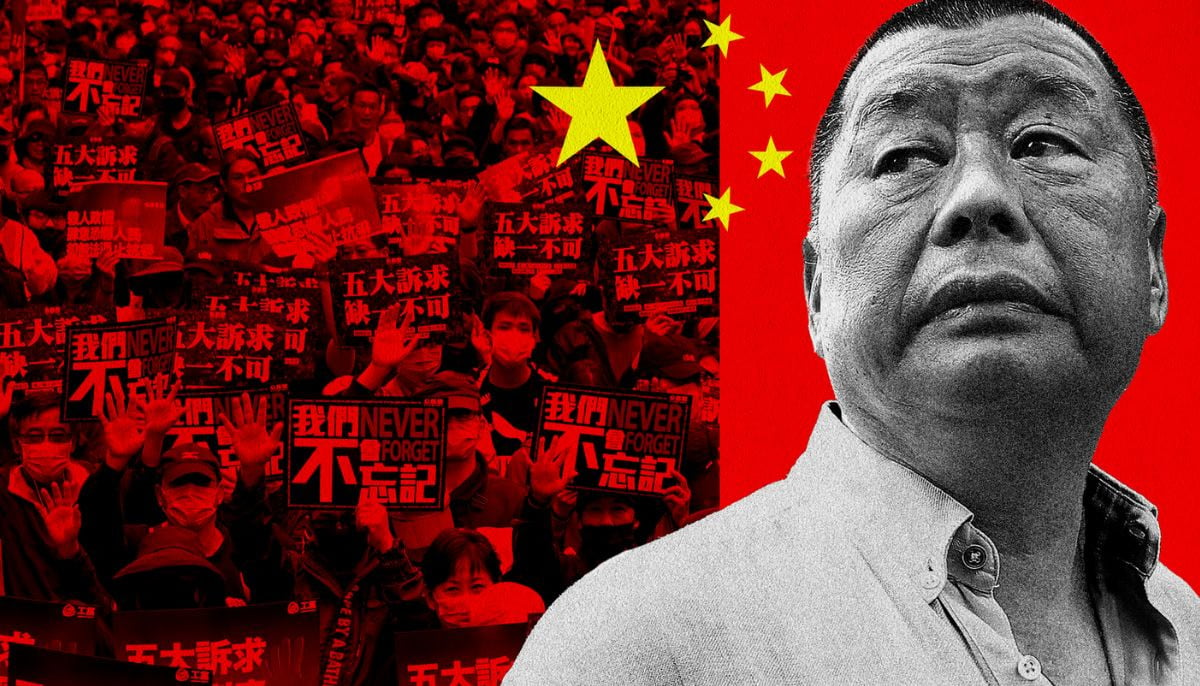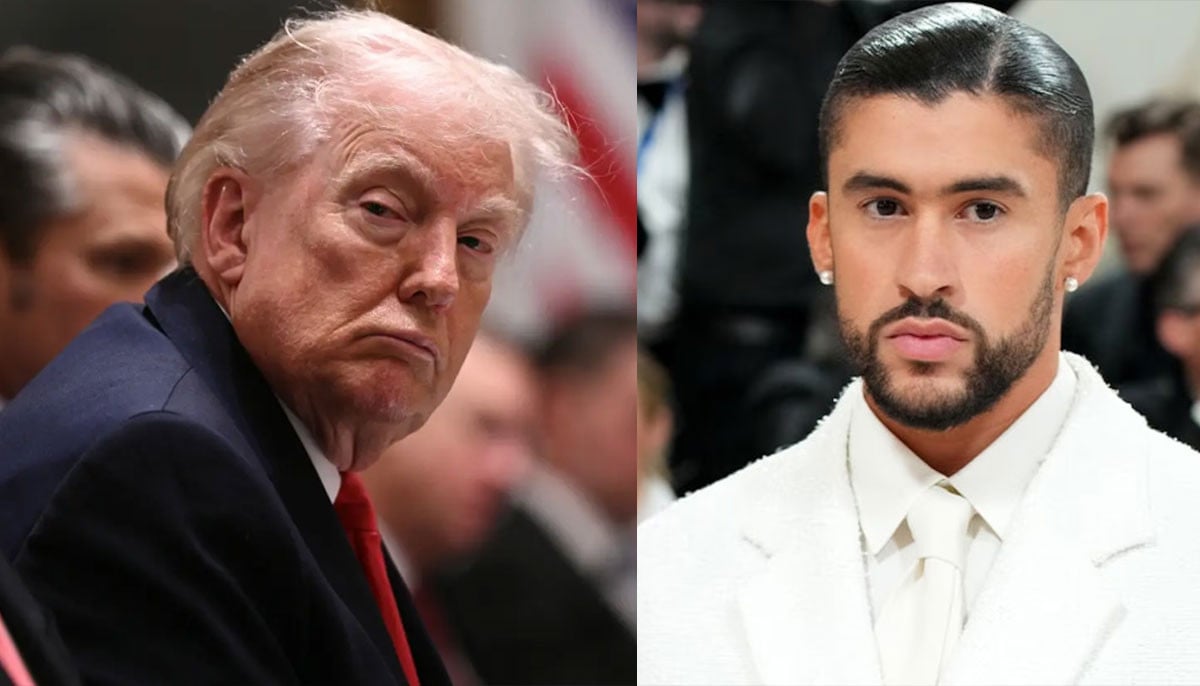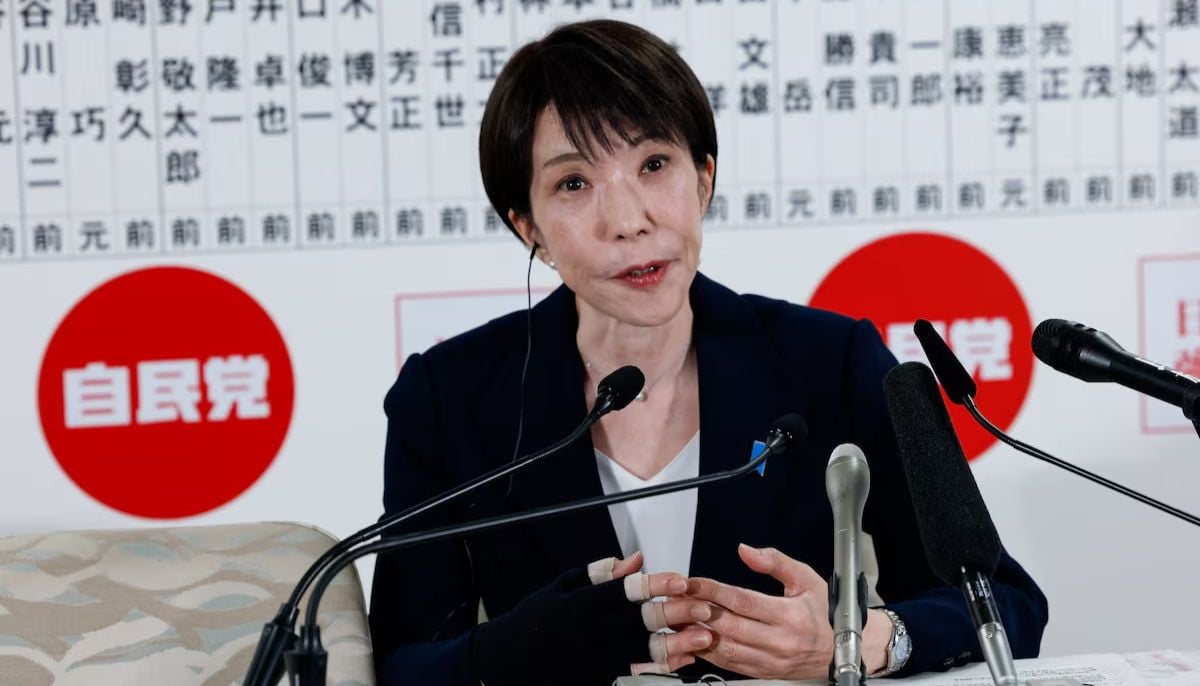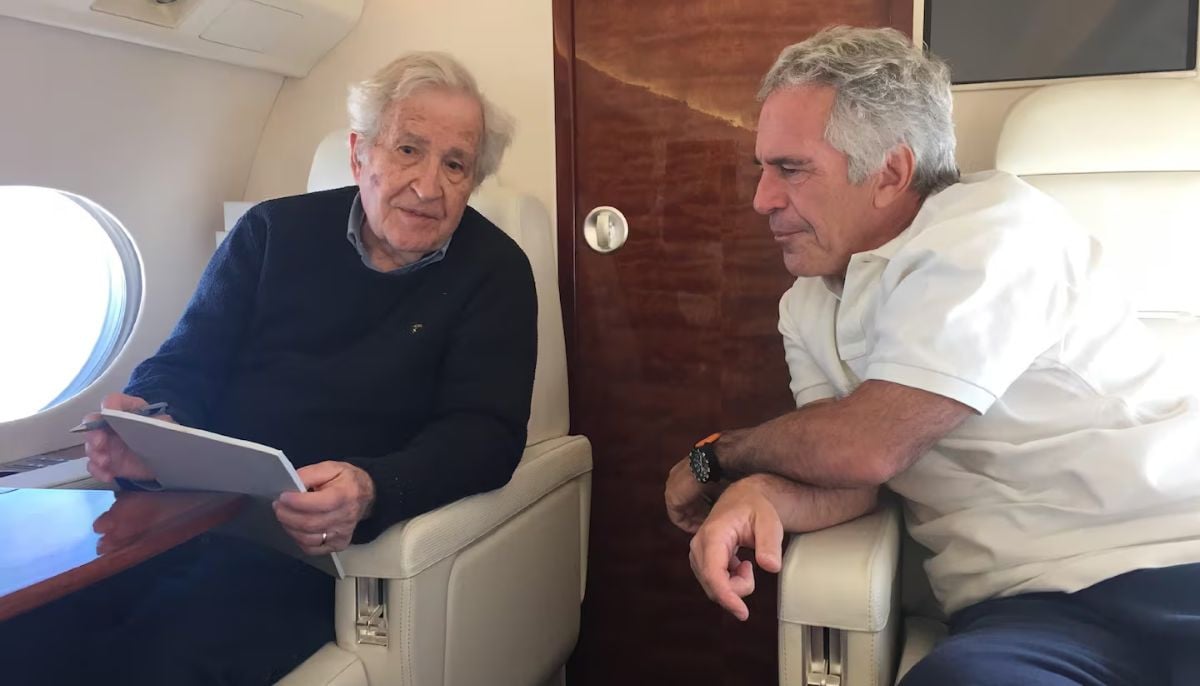BJP scraps Article 370 as Occupied Kashmir reels under curfew
The Bharatiya Janata Party government on Monday rushed through a presidential decree to scrap a special status for the Indian Occupied Kashmir, hours after imposing a major security clampdown in the region.
New Delhi: The Indian government on Monday stripped occupied Kashmir of the special autonomy it has had for seven decades, prompting a furious response from Pakistan and raising fears of fierce reaction in the Muslim-majority region.
Prime Minister Narendra Modi’s Hindu-nationalist party rushed through a presidential decree to scrap from the constitution the Indian-held part of the disputed territory’s special status.
Also read: Pakistan to move ICJ if India tries to quash IHK special status
It also moved a bill proposing the IoK be divided into two regions directly ruled by New Delhi.
Ahead of the announcements, tens of thousands of extra Indian troops were deployed in the territory, and a security lockdown was imposed overnight Sunday with all telecommunications there cut.
Home Minister Amit Shah, a close ally of Modi, told parliament the president had issued a decree abolishing Article 370 of the constitution, which gives special autonomy to the Himalayan region.
The decree said the measure came into force "at once".
- Pakistan rejects -
Pakistan’s foreign ministry condemned the move as "illegal".
"As the party to this international dispute, Pakistan will exercise all possible options to counter the illegal steps," it said in a statement.
A senior Pakistani security source said that a meeting of the Pakistani military’s top commanders had been called for Tuesday.
Election promise
There were already growing fears among Kashmiris that the special status would be ditched after Modi’s Bharatiya Janata Party (BJP) obtained a large parliamentary majority in recent elections.
His party had vowed to fulfil a long-held promise to scrap the laws, and many fear New Delhi wants to change the region’s demographics by allowing non-Kashmiris, mostly Hindus, to buy land locally.
The move is set to exacerbate the situation in the occupied territory and deepen the long-running animosity with Pakistan.
"There will a very strong reaction in Kashmir. It’s already in a state of unrest and this will only make it worse," Wajahat Habibullah, a former senior bureaucrat in Jammu and Kashmir, told AFP.
- ‘Darkest day for democracy’ -
The announcement sparked chaotic scenes in the national parliament, and the main opposition Congress party described it as a "catastrophic step".
One lawmaker from the Kashmir-based Peoples Democratic Party tore up a copy of the Indian constitution before being reportedly removed from the chambers by parliamentary marshals.
Condemning what she described as Indian democracy’s "darkest day", former Kashmir chief minister Mehbooba Mufti tweeted that Delhi’s move was illegal and unconstitutional, and would make India "an occupational force" in the state.
The announcement follows days of uncertainty in the region that began on Friday when New Delhi ordered tourists and Hindu pilgrims to leave "immediately".
All phones, internet services and cable networks in the restive Himalayan region of more than seven million people were cut at midnight, and only residents issued with a curfew pass were allowed on the streets.
Article 370 of the Indian constitution gave special status to occupied Kashmir.
It limited the power of the Indian parliament to impose laws in the state, apart from matters of defence, foreign affairs and communications.
-
Jake Paul criticizes Bad Bunny's Super Bowl LX Halftime Show: 'Fake American'
-
Hong Kong court sentences media tycoon Jimmy Lai to 20-years: Full list of charges explained
-
Trump passes verdict on Bad Bunny’s Super Bowl halftime show
-
Blac Chyna reveals her new approach to love, healing after recent heartbreak
-
Melissa Jon Hart explains rare reason behind not revisting old roles
-
Japan elects Takaichi as first woman Prime Minister after sweeping vote
-
'We were deceived': Noam Chomsky's wife regrets Epstein association
-
Martha Stewart on surviving rigorous times amid upcoming memoir release
